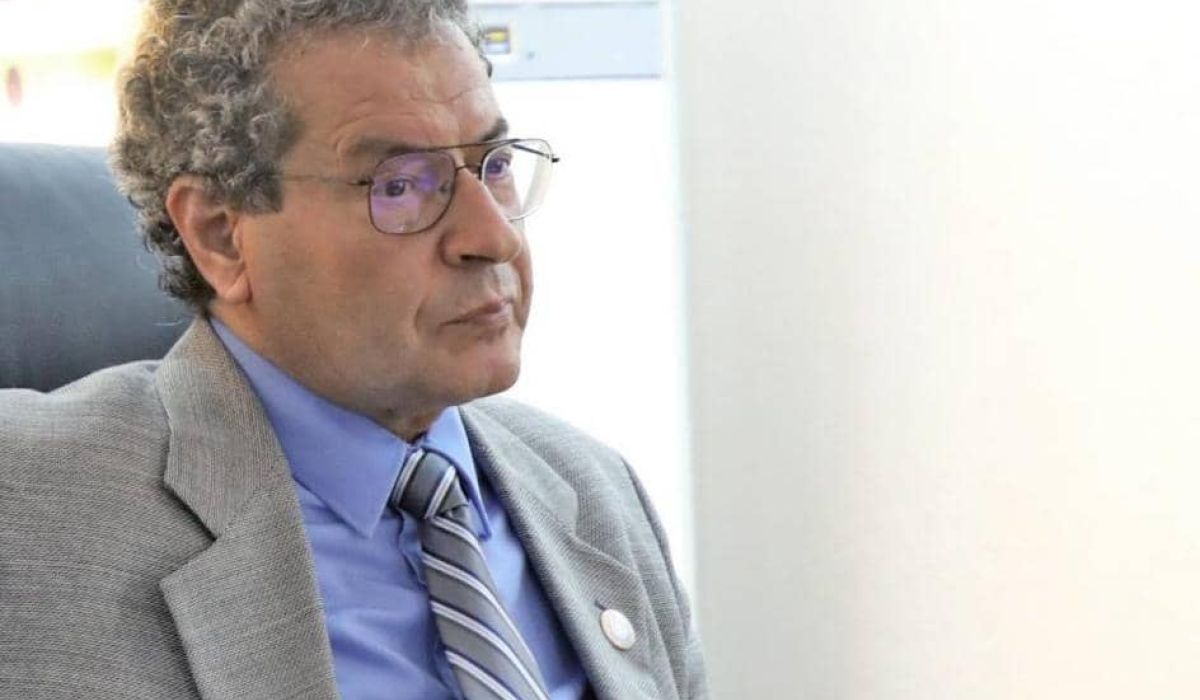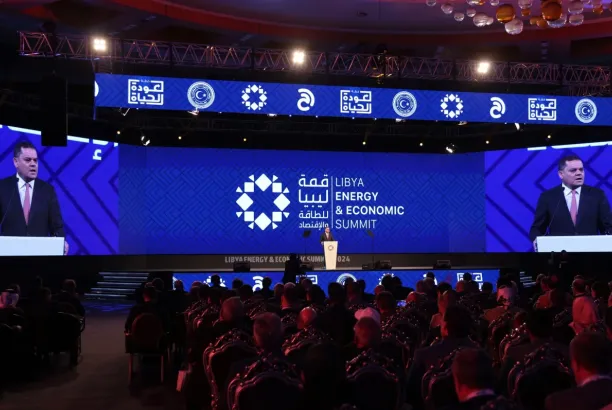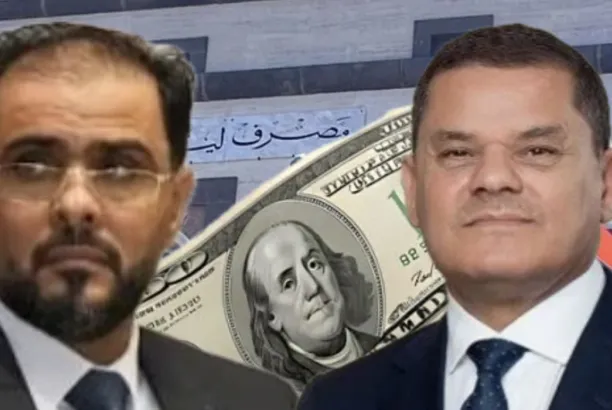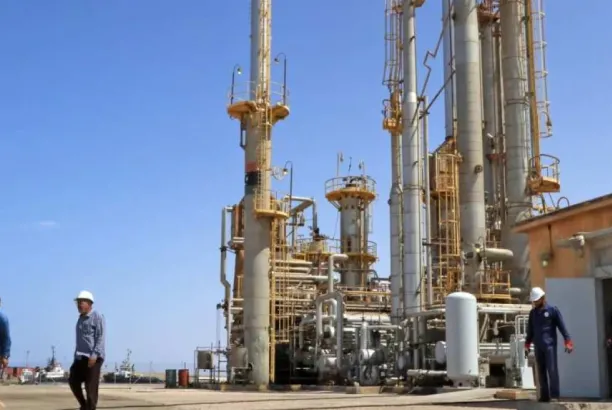Oil Minister Mohammad Aoun, in an interview with the British agency Global Platts today, Wednesday, stated that he does not expect OPEC to resort to imposing a similar embargo to the Arab oil movement in 1973, which caused a global oil crisis.
Aoun added that OPEC includes non-Arab countries and may not be prepared to implement such an oil embargo.
According to Global Platts, most Libyan politicians condemn the Israeli war on Gaza, but there has not yet been a consensus calling for the punishment of Israel and its Western supporters led by the United States.
Aoun pointed out that any Libyan move to turn oil into a weapon would be a government decision and could not be a decision from the Ministry of Oil.
He also confirmed that Libya’s current oil exports to the United States are diminishing compared to the quantities in the 1970s. Outflows reached 133,000 barrels per day in 1973 and peaked at 642,000 barrels per day in 1979, compared to 79,000 barrels per day in 2022, according to data from the U.S. Energy Information Administration.
According to the agency, Iranian calls for an oil embargo come amid massive voluntary oil cuts by Saudi Arabia and Russia, the two countries leading OPEC. These reductions, in addition to OPEC restrictions of 2 million barrels per day, which began in November 2022 and were extended until the end of 2024.






